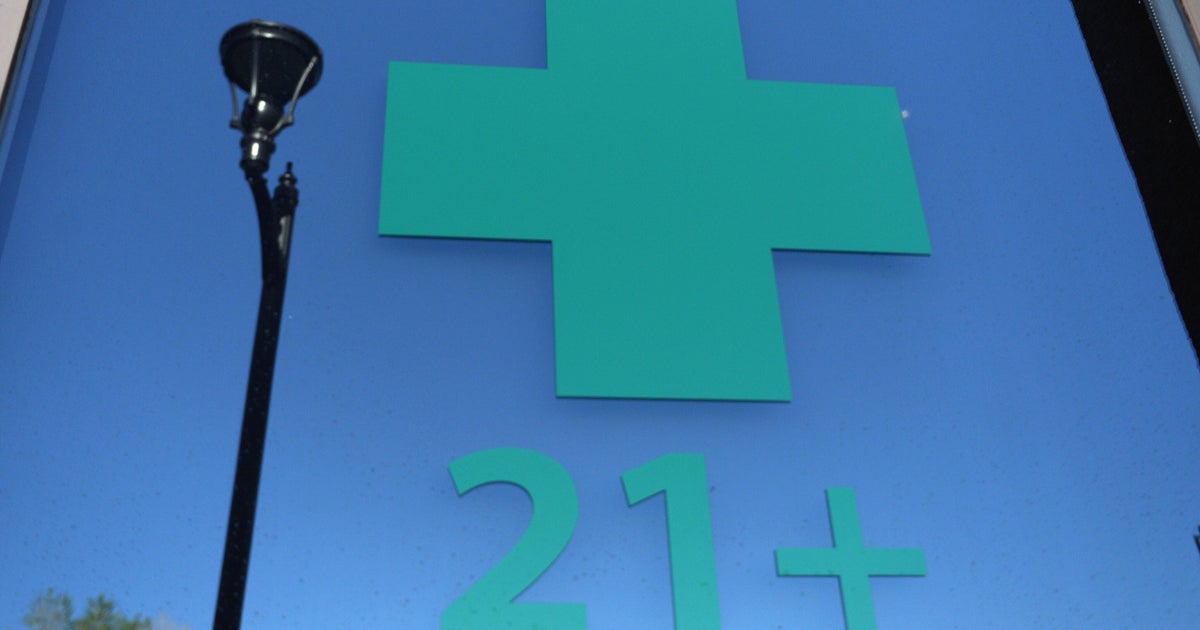Probiotics may not be that helpful – and could actually do some harm
Probiotics may not be as helpful as you think – and may even be harmful in some cases. Researchers studying the human digestive tract found probiotics have questionable benefits and may delay the return of normal bacteria when taken on antibiotics.
Probiotics are found naturally in products like yogurt, sauerkraut, and pickles, and probiotic supplements are widely marketed for their ability to maintain gut health. It's common for doctors to recommend taking probiotics, which are pills of live bacteria, during a course of antibiotics to counteract what antibiotics do, which is wipe out bacteria – both the good and the bad.
The studies found that the types of bacteria found in probiotics would then start to dominate the G.I. tract and slow down the gut's natural ability to return to normal.
"So it's not just it does no harm. It could actually delay recovery from antibiotics," CBS News medical contributor Dr. David Agus said.
But it's not all bad news.
"They took the normal bacteria out of individuals and made a pill of their own bacteria and they gave them to those people and those people recovered in days, versus up to six months when they took the probiotics. So we're going to have personalized pills of bacteria going forward and that's what's going to be exciting," Agus said.
As for what the studies say about taking probiotics while you're not on antibiotics: There's no quick fix for a happy gut.
"What it says is gut health is tremendously important. The data are right. It controls your brain, it controls your immune system, what you absorb from food, diabetes, all of those. But a simple pill isn't a quick fix to gut health. … There's complexity there. It's going to take a little while but gut health is going to be a way we prevent disease and treat disease in the future. But the simple fix of probiotics is now out the window."



